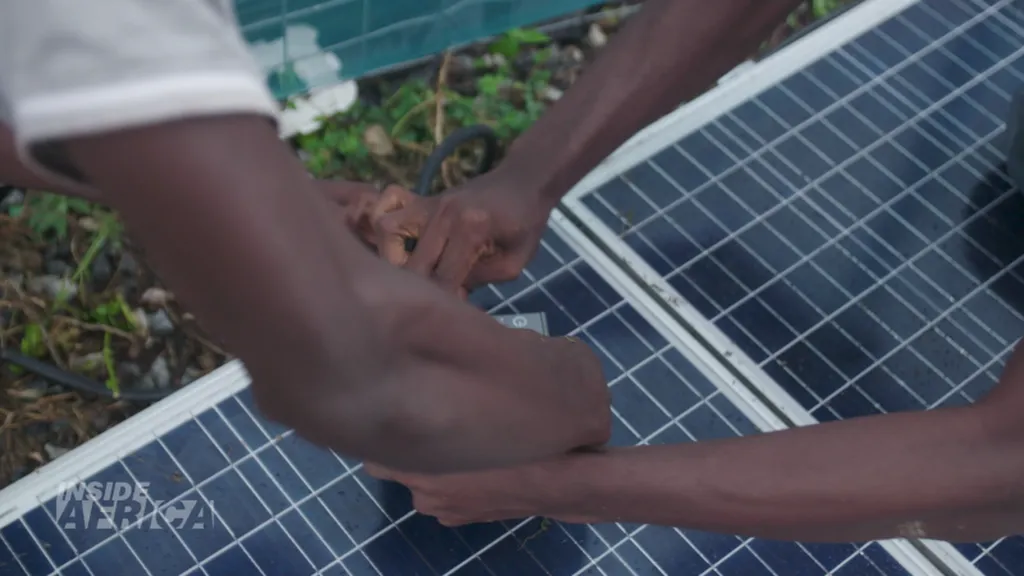In the heart of Karshi village, Abuja, Nigeria, a quiet revolution is taking root, one that promises to transform the way small-scale farmers irrigate their crops. Vincent Anayochukukwu Ani, a researcher affiliated with an undisclosed institution, has designed a solar-powered water pumping system that could redefine sustainable agriculture in the region. His study, published in the journal “Frontiers in Sustainable Food Systems” (which translates to “Frontiers in Sustainable Food Systems” in English), offers a glimpse into a future where solar energy and agriculture intersect to create a more resilient and eco-friendly food system.
Ani’s research is a response to a pressing challenge faced by farmers in Karshi-Abuja. “Most farmers in this community practice crop rotation, and a key challenge they face is ensuring energy access for pumping solutions,” Ani explains. The solution he proposes is a solar-powered water pumping system tailored to the specific needs of the region’s farmers.
The system is designed to meet the daily water demand for crop irrigation, which Ani’s research indicates is approximately 10,000 litres per day for a field size of one hectare. The pump, capable of supplying a flow rate of 2.4 m3/hour at a Total Dynamic Head (TDH) of 14.2 meters, is powered by an array of three 110-watt solar panels wired in parallel. This configuration produces a current of 17.7 A with a total output power of 330 W, sufficient to power the pump and overcome the challenges of energy access in the region.
The implications of Ani’s research extend far beyond the fields of Karshi-Abuja. As the world grapples with the impacts of climate change and the need for sustainable food systems, innovations like this solar-powered pumping system offer a beacon of hope. “This study demonstrates the potential of solar power to address energy access challenges in agriculture,” Ani notes. “It’s a step towards making our food systems more sustainable and resilient.”
The commercial impacts of this research are significant for the energy sector. As solar technology becomes more affordable and accessible, the potential for similar systems to be implemented in other regions becomes increasingly viable. This could open up new markets for solar panel manufacturers, pump producers, and energy service providers, creating a ripple effect that extends throughout the global economy.
Moreover, the research highlights the importance of tailored solutions in addressing local challenges. By understanding the specific needs of farmers in Karshi-Abuja, Ani has been able to design a system that is both effective and sustainable. This approach could serve as a model for future research and development in the field of agritech.
As we look to the future, the intersection of solar power and agriculture holds immense promise. Ani’s research is a testament to the power of innovation in addressing some of our most pressing challenges. It’s a reminder that the solutions to our problems often lie in the places we least expect—like the fields of Karshi-Abuja, where the sun’s rays are being harnessed to grow not just crops, but a more sustainable future.

